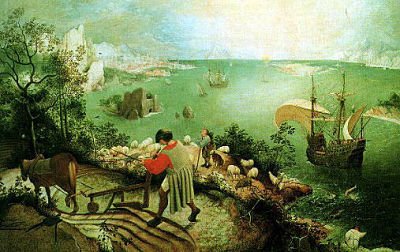It’s so hard not to be consumed by politics, to feel I have to “DO SOMETHING.” And sometimes I do. But I love this poem by Yeats on the subject, almost 100 years ago when the war against fascism in Spain was raging:
 Politics
Politics
How can I, that girl standing there,
My attention fix
On Roman or on Russian
Or on Spanish politic,
Yet here’s a traveled man that knows
What he talks about,
And there’s a politician
That has both read and thought,
And maybe what they say is true
Of war and war’s alarms,
But O that I were young again
And held her in my arms.
W. B. Yeats


